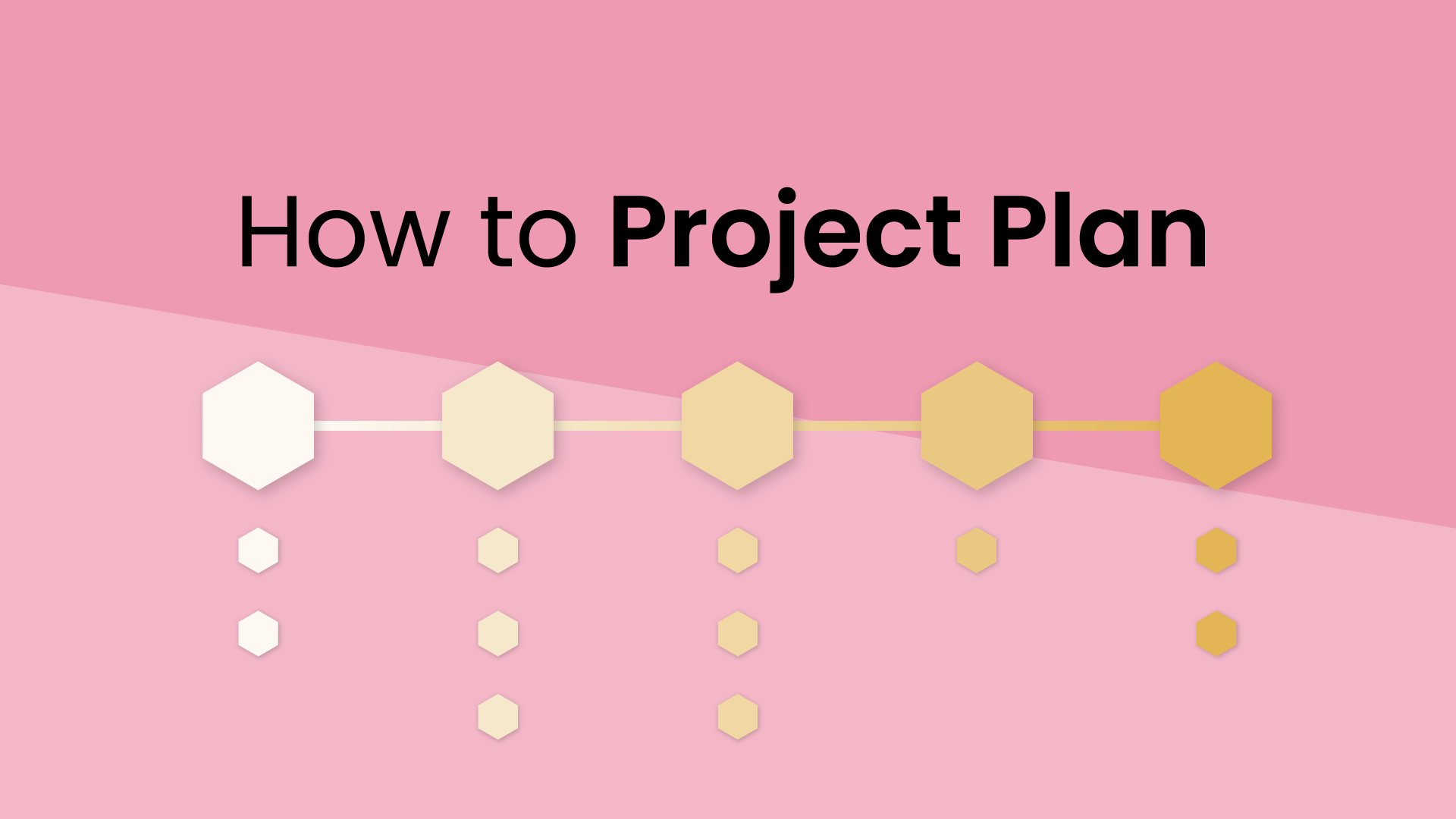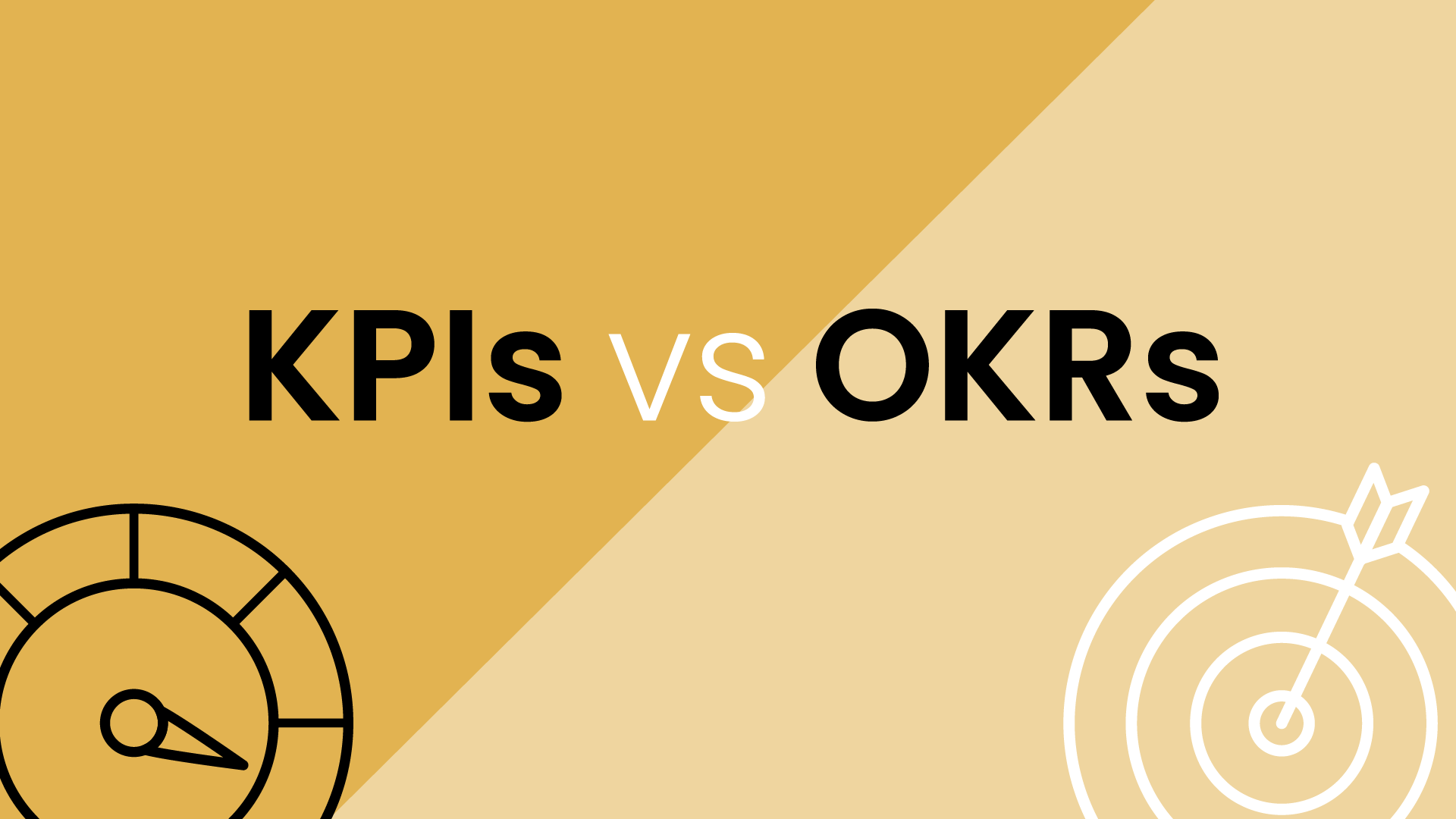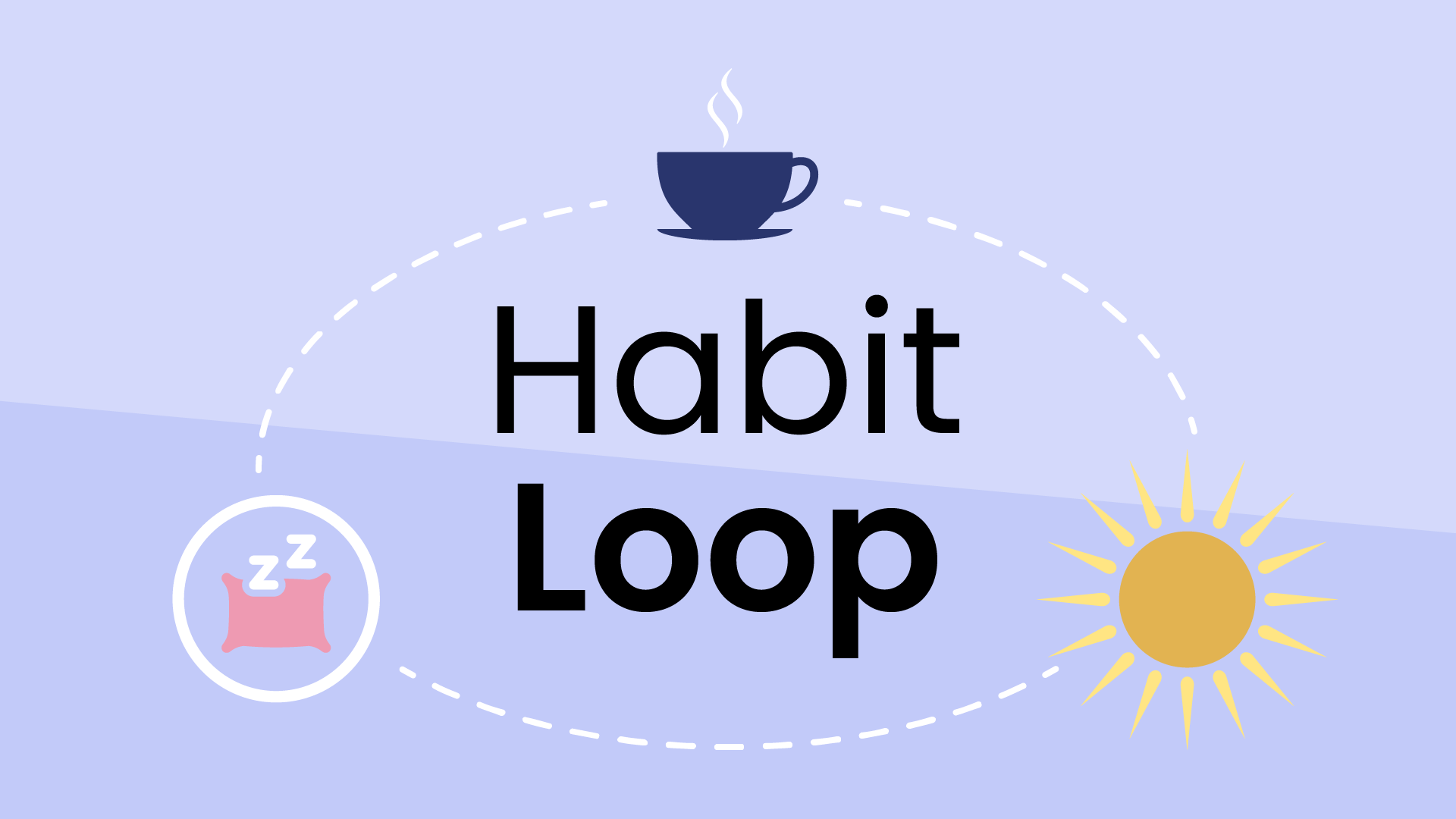

In college, I studied philosophy. As you can imagine, we spent lots of time with the ancient Greeks such as Plato and Aristotle. Studying Aristotle's text The Nicomachean Ethics, I was introduced to a concept that I still think about nearly every day: flourishing.
Flourishing, in Aristotle's view, is the state of living in accordance with virtue and realizing one’s full potential through rational activity, meaningful relationships, and continuous self-improvement, ultimately achieving a complete and fulfilling life.
Chaos in your everyday life isn’t fertile ground for flourishing. Flourishing requires stability; it requires routine. And, of course, routine on a daily basis.
This article is about creating daily routines to bring more balance, focus, and stability to your life.
16 daily routine examples to try
Routines often get a bad rap for being a boring or restrictive aspect of your daily schedule, but they’re one of the most powerful tools for shaping a balanced and productive life.
And, no, you don’t need to overhaul your entire life overnight or stick to a one-size-fits-all plan. In fact, the best daily routines and healthy habits are the ones that feel natural, adaptable, and aligned with your personal goals and energy levels. And luckily, there's countless possibilities out there for you to try, from morning routines, evening routines, exercise routines, pre-work rituals, what have you.
No matter what your day looks like, here are some practical daily routine examples to help you stay focused, have more mental energy, feel calmer, and end your day on the right note.
1. Wake up well
The best place to begin is always (surprise, surprise) at the beginning – and this means embracing a morning routine. Starting your morning off right is how you set yourself up for the best day ahead. And, this largely has to do with waking up well every day.
Wake up at the same time every day (yes, that means the weekends too). A steady sleep schedule will strengthen your internal clock, leaving you feeling refreshed and focused.
And here’s the tough part: skip the snooze button. While it might feel satisfying at the moment, those extra minutes often leave you groggier than if you got up right away. This is your first discipline test of the day – so make a habit of getting up for real when your alarm rings. (And, if the snooze button remains a daily struggle, we recommend putting your alarm far enough from your bed that you need to physically get up to turn it off.)
Once you’re up, let the light in. Natural sunlight sends a clear signal to your brain that it’s time to start the day. Open up those curtains or step outside for a few moments.
2. Make your bed
Alright, now you're up. Now, you should make your bed. It may feel like a small, inconsequential task, but it’s more powerful than it looks. That single, simple act of straightening the sheets and fluffing the pillows does more than tidy your space – it gives your day a head start. That, and it seems that regular bed makers are happier (on average) than those that leave it all messy.
Like waking up well, making your bed is another small test of your discipline. And in just a few minutes, you’ve already accomplished something. It’s a quick win that sets the tone for a productive day by offering a small but satisfying sense of order.
3. Exercise
Exercise is often a non-negotiable part of your health, and numerous studies have shown that regular exercise lowers the overall risk of mortality by all causes. But let’s face it: finding time for a full workout can be a challenge on busy days. Luckily, you don’t need hours at the gym to feel the benefits. A little movement can go a long way, even if you’re tight on time.
Try to get your body moving every day, even if it's only for a few minutes. It could be stretching, yoga, or a brisk walk around the block. Of course, a dedicated exercise routine is ideal, but, ultimately, consistency is what matters most.
Find what works for you. Just start moving in whatever way fits your schedule, and you’ll feel the difference.
4. Read
There is perhaps no better daily routine than reading. Like exercise, it comes with countless benefits; from reducing stress, to improving your memory, and, of course, expanding your mind. And, luckily, it doesn’t have to take hours to make an impact. Even a few minutes can do wonders for your mind, creativity and your day. A few pages of a novel, the morning newspaper, or even a quick blog post – that's all it takes to get your brain going.
So, make it a habit! Grab something that inspires you, teaches you something new, or just makes you smile. Fiction can be a great escape, nonfiction gives you new perspectives, and a good article can get your wheels turning.
5. Meditation
You’ve probably heard it from every productivity guru regarding the routines of the rich and famous – daily meditation is a must. And, why shouldn’t it be? After all, it’s been shown to help people better manage anxiety, depression, and other mental health struggles, while simply making your happier in the long run.
Now, don't roll your eyes and say "who has the time?" just yet. Meditation doesn't have to be a big deal. It doesn't need to be some long, complicated ritual in a fancy studio. Even a few minutes of mindfulness can make a huge difference in how you feel.
Spend just 5-10 minutes each morning focusing on your breath, or try a short guided meditation. It's a quick reset button for your mind. The benefits are pretty quick to notice. First, it clears your head, so you can think more clearly and make better decisions throughout the day. It also helps reduce stress by reducing those pesky stress hormones.
6. Plan your meals
Planning your meals ahead of time can make a huge difference in how smoothly your day runs. Not only does it save you time, but it also can reduce your stress and make it easier to eat healthy. Studies have also shown that regular meal planning is one of the biggest predictors of success when it comes to weight loss and fitness goals.
Chop veggies, cook some protein, portion out snacks – do it all ahead of time.
Focus on balanced meals with lean protein, healthy fats, and tons of fruits and veggies. And if cooking isn't your thing or you're short on time, no worries! Meal delivery services or grocery delivery can take the stress out of deciding what to eat and help you stick to your plan.
7. Set daily intentions
Want to feel more purposeful and in control? Start your day by setting a clear intention. Take a minute each morning to decide what you want to focus on. It could be anything – finishing that project, being extra patient with your kids, or simply enjoying the present moment.
Setting a daily intention helps you prioritize what genuinely matters to you. These intentions you set keep you focused on the big picture. With that in mind, you tackle your most important tasks first.
Let's be real, distractions are inevitable. But when they pop up, check in with your intention. Does what you're doing right now align with your goal for the day?
8. Take some time for daily reflection
At the end of your day, take a quick minute to reflect. How did things go? What went well? What didn't? What could you do differently tomorrow?
No need for deep soul-searching here – a quick mental recap is all it takes to ready yourself for a more productive tomorrow. Go ahead – celebrate your wins, even the small ones – they'll boost your morale and motivation all the same.
But here's the kicker: consistent reflection helps you spot patterns in your behavior and decisions. With these in mind, you can refine your habits and sharpen your decision-making. It's a simple practice with a big payoff – greater self-awareness and steady growth.
9. Journaling
Journaling can be whatever you need it to be – a place to sort out your thoughts, track your progress, or just let your mind wander. Taking just a few minutes each day to write gives you a chance to step back and clear your mind, especially when everything feels like it’s moving too fast. And this has been backed up by research; this study, for instance, found that positive journaling “was associated with decreased mental distress and increased well-being relative to baseline.”
Putting pen to paper (or fingers to keyboard) helps untangle your thoughts. With so much swirling around up there, navigating our emotions isn't always easy. But a regular journaling practice can clear some of the fog so we may see clearly. That, and the by-product of your journaling is, just that, the journal – which you can use to see how your journey unfolded. In other words, a clear view of how much you’ve grown.
10. Keep your space tidy
A messy workspace can weigh on your mind, with research suggesting it directly causes us more physical and mental stress. But a clean space creates a sense of calm and readiness.
A clean workspace isn’t just visually pleasing (although, it very much is) – it clears your mind, too. Without the distractions of clutter, it’s easier to stay focused and get things done. You’ll save time by having everything in its place, and the calm it brings can set a positive tone for the entire day.
11. Go for a walk
When you feel the need to reset, sometimes the simplest solution is stepping outside for a walk. A short stroll – maybe around your neighborhood or through a local park – has a way of rejuvenating both your mind and body in a way screens or meditation can’t always match. In fact, those who go for the recommended amount of walks (2.5 hours/week) demonstrated a 25% reduction in their risk of depression.
Movement helps clear your mind, and you'll find that it's easier to refocus when you get back. Daily walks also serve as a creativity booster, with fresh ideas and solutions (which have previously eluded you whilst sitting still) often popping up as you take your steps.
12. Make a to-do list for tomorrow
A quick to-do list before bed gives you a head start for tomorrow – no scrambling in the morning, just a clear plan to hit the ground running. A small thing, yes, but it'll help you wake up with more focused precision as to what your day ahead looks like.
Starting your morning with a plan in place takes the pressure off. Just think about the kind of looming dread that comes with not knowing what you have ahead of you. But, with your to-do list for tomorrow in hand, there's no more figuring out what needs your attention, you can jump right into your priorities.
14. Stretch
Of course, if you're sedentary for long stretches of time, you'll start feeling aches and pains. Long hours at a desk can leave your body feeling stiff and uncomfortable, but a quick stretch here and there is all you need. Only a few minutes of movement is necessary to ease your tension and loosen those muscles.
Beyond the stiff feelings, you should stretch regularly for the sake of your flexibility and posture. With greater flexibility comes greater resistance to injury and improved ease of movement in your daily activities. Not to mention that stretching promotes better circulation, which brings with it more energy and alertness throughout your day.
15. Engage in a hobby
Amid the chaos of daily responsibilities, it may simply feel impossible to carve out time for a hobby. Hobbies are simply luxuries that less busy people get to enjoy. Nothing could be further from the truth. It could be painting, playing an instrument, or gardening. No matter what your hobbies are, these activities are a lifeline for your mental health. They provide a much-needed escape and help you find a sense of work-life balance.
Immersing yourself in a hobby is a valuable way to protect yourself from burnout. You know what they say, about all work and no play. So don't think of it so much as a luxury – stepping away to do something you genuinely enjoy allows your mind to reset. And don't feel bad: with such rejuvenating daily activities, you'll return to work with more energy and focus.
16. Stay social
It can be all too easy to forget how important social connections are. But staying in touch with friends, family, or colleagues is necessary for keeping a balanced routine. Socializing not only gives you a well-needed break but also lifts your emotional well-being and can even boost your productivity.
Staying social helps you fight loneliness, particularly for remote workers, while building a solid support network. Meaningful conversations – whether lighthearted or serious – can boost your mood and help you stay emotionally grounded.
Examples of daily routines
Everyone’s day looks different, and the best routine is the one that aligns with your personal goals, energy, and lifestyle. Whether you prefer simplicity or thrive under structure, there’s a routine that can help you make the most of each day.
Here are a few examples of daily routines for different needs and personalities.
The minimalist routine
For those who value simplicity, a minimalist routine strips away excess and focuses on the essentials. This approach minimizes decision fatigue and keeps your day running smoothly with as little effort as possible.
A typical day might look like this:
- Wake up at the same time (around 7:00 AM) and eat breakfast
- Start with a light stretch or short walk to get moving
- Have breakfast (something simple but nutritious, like oatmeal or a smoothie)
- Work for a set block of time (e.g., 3-4 hours with a break in between)
- Quick social check-in (call or message a friend or family member)
- Tidy up your space (just a few minutes to clear clutter)
- Wrap up your work day by setting intentions for tomorrow
- Power down with a book or a podcast to unwind
With a minimalist routine, the goal is to reduce complexity, stay focused, and enjoy the calm of a less hectic day.
The ambitious professional’s routine
For those who are driven by achievement, an ambitious routine is a game-changer. This routine is designed for focus, productivity, and progress, balancing hard work with mindful breaks.
A typical day might look like this:
- Wake up early (5:30 AM or 6:00 AM) to get a jump start
- Morning workout (a short but intense session to get energized)
- Read or listen to a motivational podcast to fuel your mind
- Set clear goals for the day (write them down, then break them into actionable steps)
- Work in focused intervals (e.g., 90-minute sprints with 20-minute breaks)
- Quick break for a walk or stretching mid-morning
- Lunch with a colleague or networking opportunity (multi-tasking socializing and nourishing)
- End the workday with a debrief: review progress, jot down tomorrow's to-do list
- Unwind with a brief hobby or side project in the evening
- Nighttime routine: Avoid screens, read a book, and practice gratitude to prepare for a good night's sleep
This routine is ideal for those who want to maximize productivity without burning out. By setting clear goals and sticking to focused work periods, it can be highly effective for career-driven individuals.
The creative thinker’s flexible routine
For creative professionals or anyone who thrives on flexibility, the ideal routine isn’t about strict scheduling; it’s about creating space for inspiration and self-expression.
A typical day might look like this:
- Wake up at a comfortable time (anywhere from 7:30 AM to 9:00 AM)
- Gentle morning stretch or journaling to center yourself
- Morning inspiration: read something creative or engage in a short brainstorming session
- Flexible work blocks: Choose projects based on your mood or what you feel most inspired to tackle
- Unstructured breaks: Take a walk, listen to music, or sketch ideas
- Lunch: Enjoy a leisurely meal, perhaps with a friend or in nature
- Afternoon exploration: Spend time in a creative hobby, whether it’s writing, painting, or music
- Late afternoon or evening reflection: Write in a journal, brainstorm new ideas, or create something without any pressure
- Wind down routine: Read fiction, meditate, or watch a favorite show
This routine is perfect for anyone who enjoys flexibility and wants to feel inspired throughout the day. It leaves room for spontaneity, creativity, and deep thinking without the constraints of a rigid schedule.
Automate your daily routine with Reclaim.ai 🌟
Finding time for everything you want to do in a day can feel, well, down-right impossible. Exercise, meditation, creative projects, catching up with friends or family – there’s always something competing for your attention, and our schedules rarely cooperate. But, thanks to Reclaim.ai, life doesn't have to be this way.
Reclaim.ai uses AI-powered scheduling to intelligently fit your most important tasks into your calendar, even when your schedule is unpredictable. Instead of stressing over how to fit it all in, you get the peace of mind that your priorities are already locked in. This allows you to focus on what matters most, knowing your routine is already accounted for. With Habits, you can actually focus on living, not just planning.
Trend Reports
Ready for an
AI calendar?
Auto-schedule focus time, meetings, & breaks on Google Calendar + Outlook Calendar.
Start scheduling →It's free! 🎉























